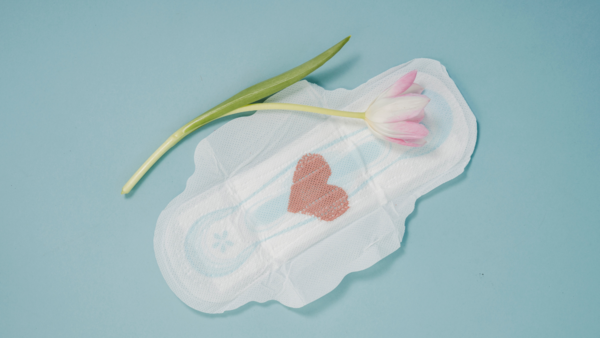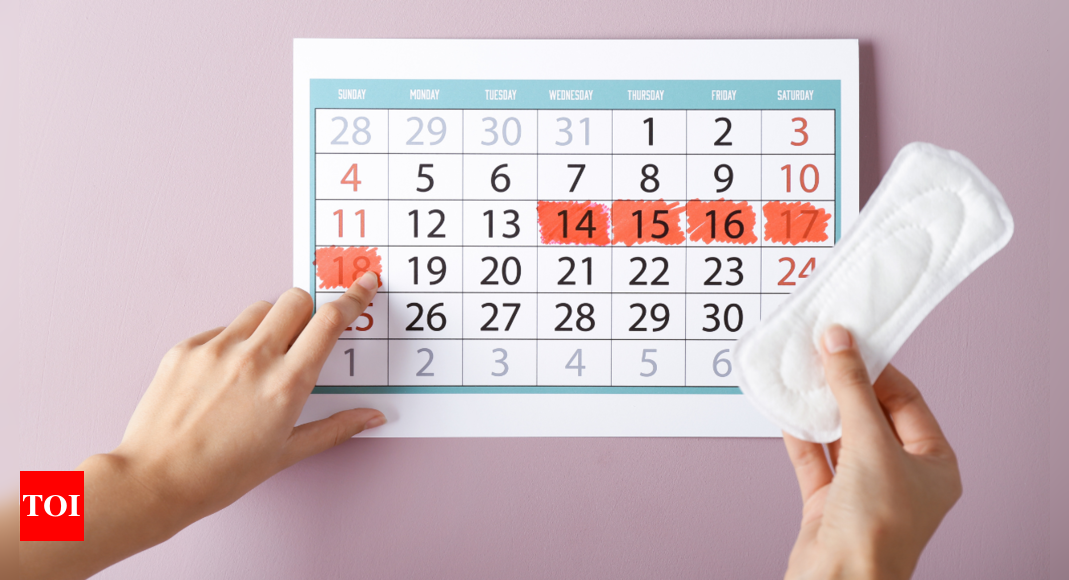Periods are not just a biological function; they reflect our overall health and lifestyle. In today’s fast-paced world, many women in their 30s are experiencing shortened menstrual cycles or lighter periods. Although stress, diet, and exercise play a role in menstrual health, some changes may be warning signs of underlying health problems. Hormonal imbalances, approaching perimenopause, or conditions such as polycystic ovary syndrome (PCOS) or thyroid disorders might be the cause. Understanding the causes and changes in your cycle will lead to addressing possible concerns with overall well-being.
Menstrual cycles, or periods, may change as women enter their 30s; this is a noticeable change in shorter periods. While some have a normal length of their cycle, significantly shorter or irregular cycles are a cause of concern. Firstly, hormonal changes cause shorter periods, as fluctuations in hormones like estrogen or progesterone levels in this age are normal, but sudden changes in your cycle are a point to underlying health concerns. Secondly, stress, poor sleep, or an unhealthy lifestyle can also disrupt hormonal balances.
“Earlier girls would get periods at the age of 17–18 years, but now the common age of girls getting periods is 8–9 years. So, following a healthy diet throughout the day and engaging in exercises or yoga can help in maintaining a healthy lifestyle, which leads to the hormonal regulation or blood circulation perfectly. Still If the changes are higher or very evident, consult a doctor or gynecologist for your overall health improvement,” said, Dr. Avir Sarkar, Gynecologist, Department of Obstetrics and Gynaecology- Noida International Institute of Medical Sciences College and Hospital.
How period changes in 30’s
Consider your thirties to be a decade of two parts. Because you’re probably still ovulating frequently, your menstrual cycle should be about the same length in your early 30s, so you may anticipate that your period will be very similar to that of your 20s.
Your fertility begins to decrease in the second half of your 30s, with reduced fertility usually occurring in your late 30s. As you age, you will have fewer eggs overall and fewer high-quality eggs, which will cause your fertility to decline annually. A more irregular menstrual cycle may result from that. Both your period and your cycle may shorten, and you may experience more severe bleeding during your menstrual cycle.
Naturally, it’s crucial to remember that although fertility usually begins to wane in the late 30s, many women are still able to conceive at this age, so there’s no reason to panic. If you intend to get pregnant, track your cycle to find your fertile days.

What does a “normal” menstrual cycle looks like?
The first day of your menstruation marks the beginning of the follicular phase, which ends when ovulation begins. Follicles with an egg begin to form in the ovaries during this stage.
Days 6–8: Your uterine lining thickens as your estrogen levels begin to rise.
Day 8: Your period will end after no more than eight days in a normal menstrual cycle.
Days 14–24: During this time, ovulation often occurs on one day. Progesterone levels increase as the uterine lining thickens following ovulation.
Days 25–30: As the unfertilized egg exits your body, your progesterone and estrogen levels begin to decline throughout the final days of your menstrual cycle.
Why do periods get shorter in 30s?
On the other hand, speaking on medical conditions related to one’s menstrual health, Dr. Nishi Singh, Head of Fertility, Prime IVF said, “When women reach their 30s or enter perimenopause, changes in hormones can be attributed to shorter or irregular periods, especially because of the lower levels of progesterone. Most of these changes are natural aging changes, but symptoms should be closely monitored. Also, there are medical conditions such as polycystic ovary syndrome, thyroid disorders, or uterine fibroids that can significantly affect menstrual health. Such disorders can cause abnormal menstrual cycles, metrorrhagia, or symptoms that require medical attention.”
According to NPJ Digital Medicine study, the participants mean cycle length decreased by 0.18 days and mean follicular phase length decreased by 0.19 days per year of age from 25 to 45 years.
A study by the National Library of Medicine found specifically, women who experienced brief menstrual cycles throughout their reproductive years were more likely to experience heart discomfort, depression symptoms, and sleep issues in their middle years. Additionally, those with brief cycles experienced the onset of natural menopause earlier than women with a typical cycle duration of 26–34 days.
When should you see a doctor?
Although just one instance of a shorter period may not be suspicious, recurring abnormalities or associated symptoms such as excessive bleeding, menorrhagia, or missed periods should lead to a visit to a healthcare provider. Continuous cycle monitoring, a healthy lifestyle based on a healthy diet, stress control, and standard checkups can still help ensure that your menstrual health stays well.


